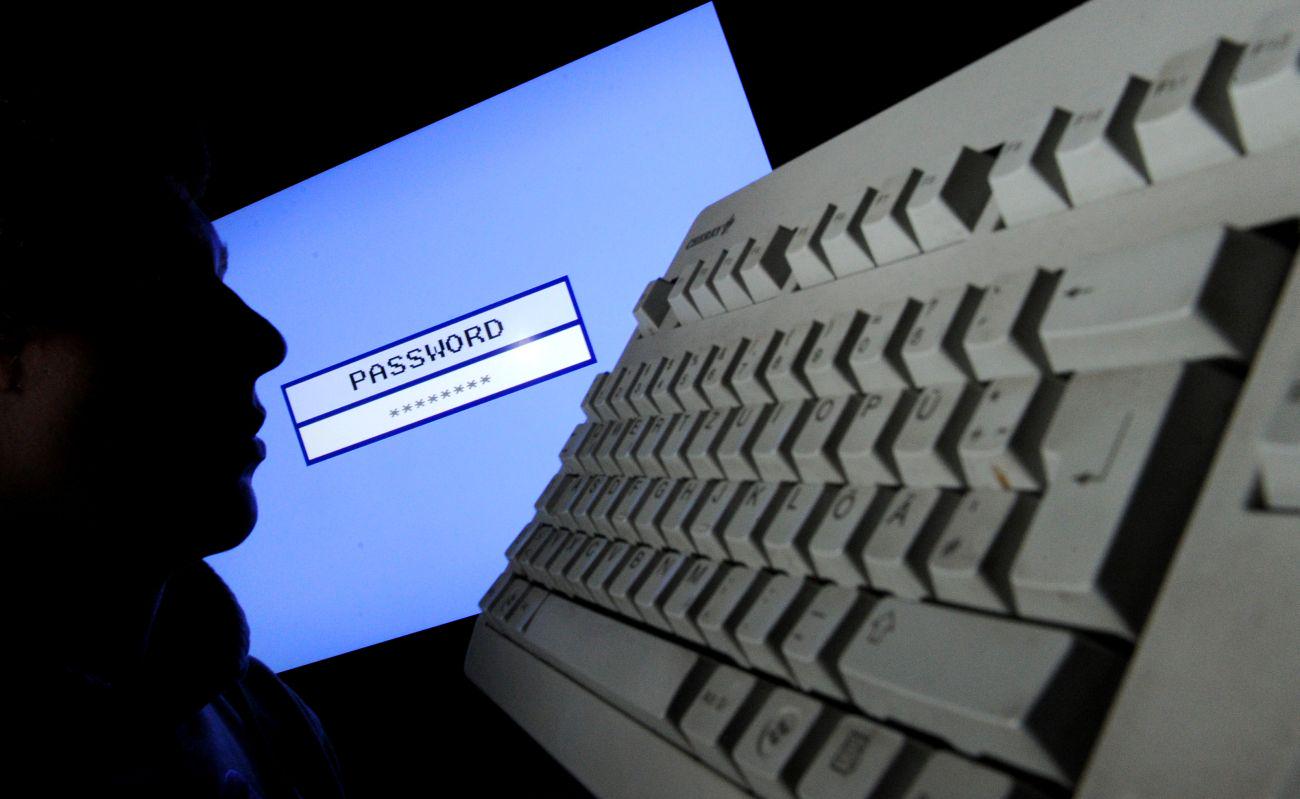
This year’s October has been declared European Cyber Security Month. The head of the Slovenian Computer Emergency Response Team (SI-CERT), Gorazd Božič, explained that they register around 2,200 incidents every year, including two to three reports of web scams on a daily basis. Slovenians also still fall for the so-called Nigerian web scams, in which strangers tell stories to convince their victims to take part in suspicious money transfers, despite the fact that there have been warnings against these kinds of frauds for at least fifteen years now. The highest damage caused by fraudulent money offers in Slovenia last year was 18.000 euros.
Chief market inspector Andrejka Grlić presented an example of a case of Internet fraud, with a gadget which is supposed to help save on electricity. On its website the purchase of the apparatus, which costs 38 euros, is also recommended by "Slovenian engineers." However, Grlić explained that last year they received 27 reports of the apparatus not working. The promises the company made to return the money to unsatisfied customers were also false. The company’s headquarters are in a country outside the EU where consumers are not as well protected as in Slovenia or the European Union, where the European Consumer Center has the power to resolve disputes between retailers and consumers.
Tricky web domains
Martina Gašperlin from the European Consumer Center warned that buyers should always check who the owners of the web domain are before making an online purchase. As an example she highlighted an online outlet shop of a supposedly German fashion brand. However, despite the fact that the online shop had a German domain ending .de, the products actually came from China. And when purchasing those products, buyers also have to pay import taxes. "The domain ending .uk or .de does not necessarily mean that the website is British or German. Consumers have to check who registered the domain," she warned.
The head of the Public Agency for Medicines and Medical Devices, Andreja Čufar, warned that even more risky is the online purchase of medicine.
Gregor Cerar; translated by K. J.

































































